Kinhtedothi-To ensure the success of the first offshore wind power projects, National Assembly delegates said the Draft Law should add provisions allowing State corporations to propose partners for surveying and implementing the first offshore wind power projects.
On the afternoon of October 26, at the 8th session of the 15th National Assembly, National Assembly deputies discussed in groups the Draft Law on Electricity (amended).
Appreciating the preparation of the drafting agency and the Review Report of the Committee on Science, Technology and Environment, and giving comments on the specific content, National Assembly delegate Ta Thi Yen (Dien Bien province delegation) said that Clause 9, Article 5 of the Draft Law currently stipulates the policy on developing renewable energy and new energy. However, to enhance the feasibility of the State's policy on developing renewable energy and new energy, it is recommended to design Clause 9, Article 5 similar to Clause 8, Article 5 of the Draft Law. Accordingly, it is necessary to clearly define the responsibility of the Government in developing and promulgating mechanisms to encourage investment in renewable energy projects, as well as breakthrough mechanisms for offshore wind power development.
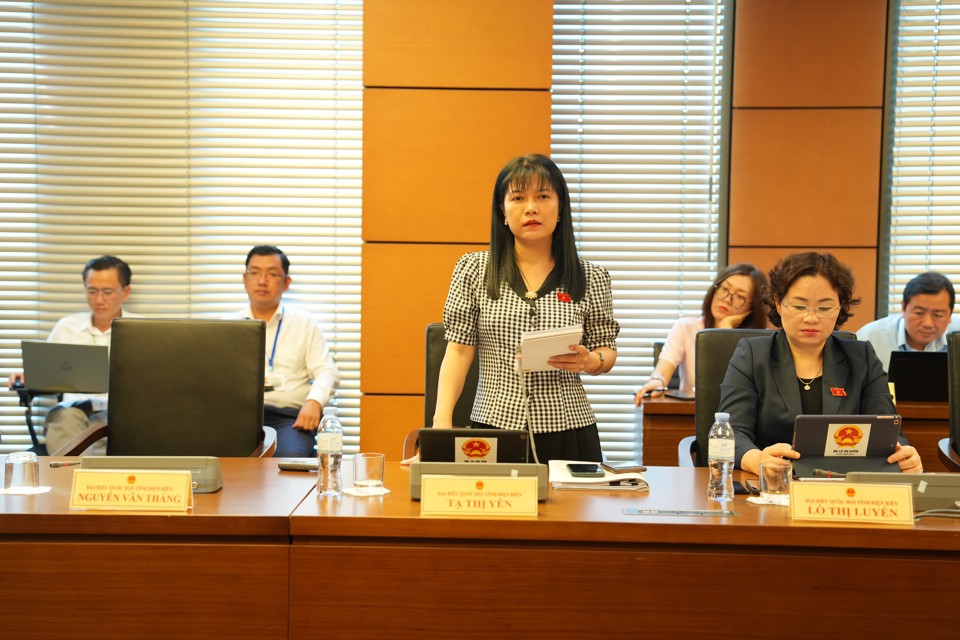
Regarding the permission for State-owned enterprises to implement offshore wind power projects (Point c, Clause 1, Article 42), delegate Ta Thi Yen expressed: since offshore wind power is a new industry, assigning State-owned enterprises to implement some of the first offshore wind power projects is a cautious step. However, it is also necessary to take into account the fact that large State-owned enterprises in the energy sector of Vietnam such as PVN and EVN do not have experience in implementing offshore wind power projects.
To ensure the success of the first offshore wind power projects in terms of both technology and economic efficiency, according to delegate Ta Thi Yen, the Draft Law should add provisions allowing State corporations to propose partners for surveying and implementing the first offshore wind power projects.
"Choosing a partner with sufficient financial capacity, experience and technology in the field of offshore wind power will help state-owned enterprises take advantage of resources, reduce financial burdens and share risks, if any," said delegate Ta Thi Yen.
From the above analysis, the delegate proposed to add to point c, clause 1, article 42 of the Draft Law the following content: "Enterprises in which the State holds 100% of the charter capital are allowed to propose partners to jointly develop the project for the Prime Minister to consider and approve".
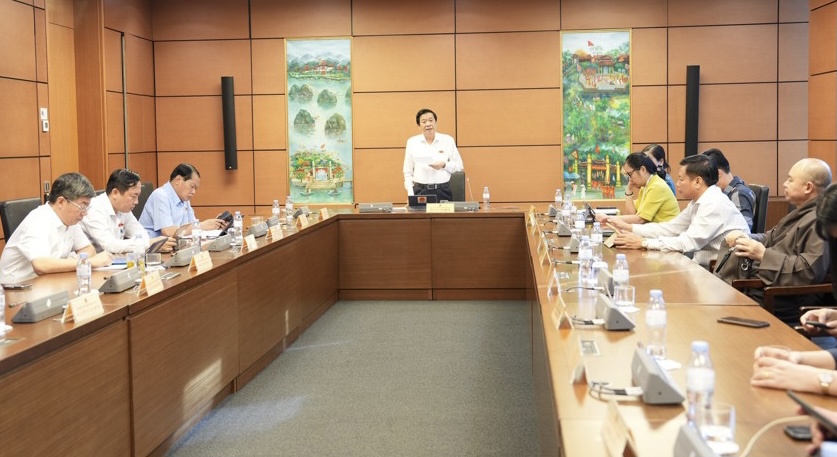
Discussing in the group, National Assembly delegate Do Duc Hong Ha (Hanoi delegation) said that the Electricity Law currently leaves a big gap, there are no regulations related to criminal prosecution for violations related to electricity. For example: acts of supplying, cutting off electricity, delaying troubleshooting, not connecting electricity according to regulations... These acts are defined as crimes in the Penal Code, but the Electricity Law only stipulates handling of administrative violations and lacks provisions on handling of criminal responsibility.
"If so, the issue of awareness, perception, and ethics of public officials related to electricity issues is not being followed and meeting people's needs" - delegate Do Duc Hong Ha stated.
National Assembly delegate Le Quan (Hanoi delegation) said that the energy transition policy cannot be passed in one session, there needs to be a stronger commitment and affirmation because it is not possible to just make clean electricity and have a good transition. The important issue is energy consumption.
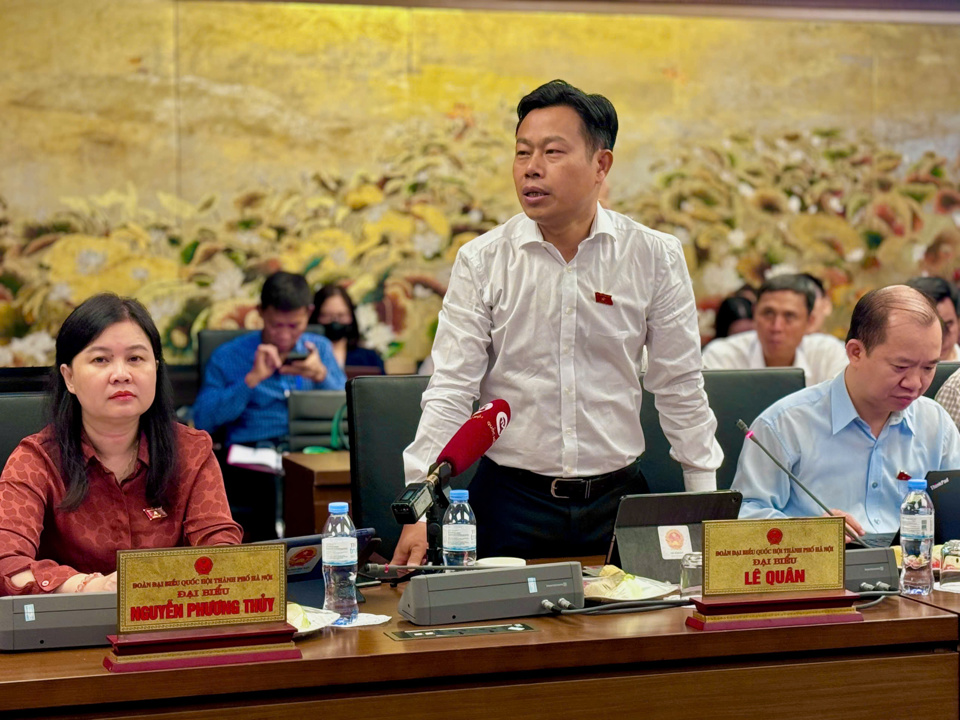
According to delegate Le Quan, if we focus on investing in building too many thermal power plants, many steel rolling mills, and metallurgical plants, we will use a lot of energy and have to build many power plants - especially electrochemical plants. This raises an environmental problem, while we are aiming for a green economy, a clean economy. Therefore, the problem posed in this law is to deal with the problem of energy conversion, but we have only dealt with the development of some new energy sources.
The Electricity Law (amended) is expected to create a basis for breakthroughs in policy mechanisms to promote the implementation of the VIII Electricity Plan. The delay in implementing this Plan is posing a risk of power shortage for economic, social development and national security and defense as the country enters a new development stage. Therefore, the amendment and supplementation of the Electricity Law this time is urgent and the Government has proposed that the National Assembly approve it according to the 1-session process.
In the two goals: ensuring electricity supply for the economy until 2030 according to the Power Plan VIII, it will be necessary to put into operation 30,160 MW of gas and LNG power; 21,000 MW of wind power and 4,000 MW of solar power. However, currently, gas power projects are at a standstill. This also means that there is no base power to develop more solar and wind power. This reality raises concerns about ensuring both goals of the Power Plan VIII.
In addition to resolving policy and mechanism problems to promote the development of electricity activities, the Drafting Agency also included contents that have been verified in practice such as two-component electricity prices, rooftop solar power and world trends such as nuclear power into the Law.
Source: https://kinhtedothi.vn/db-quoc-hoi-can-co-su-cam-ket-manh-me-hon-ve-chuyen-doi-nang-luong.html



![[Photo] General Secretary To Lam receives the Director of the Academy of Public Administration and National Economy under the President of the Russian Federation](/_next/image?url=https%3A%2F%2Fvphoto.vietnam.vn%2Fthumb%2F1200x675%2Fvietnam%2Fresource%2FIMAGE%2F2025%2F12%2F08%2F1765200203892_a1-bnd-0933-4198-jpg.webp&w=3840&q=75)




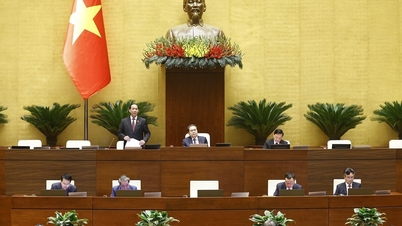

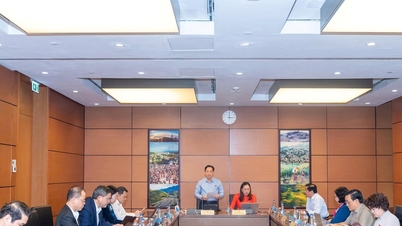



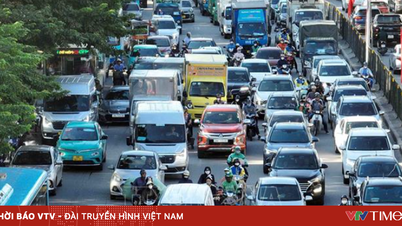
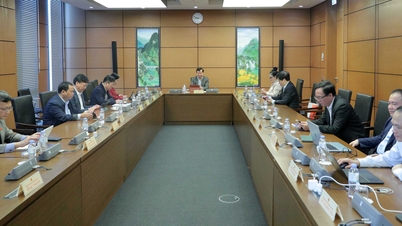

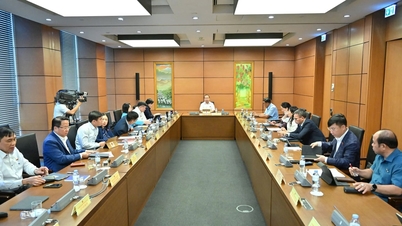


















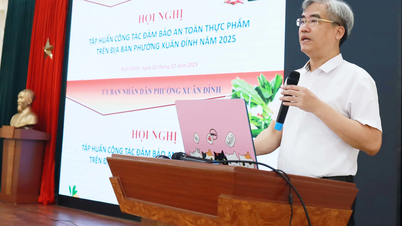
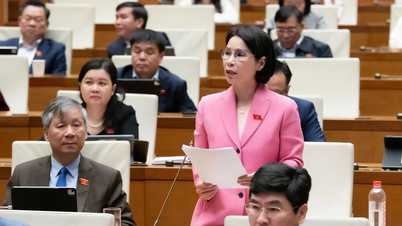






















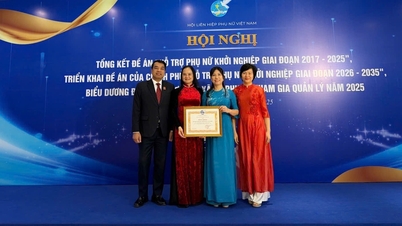
















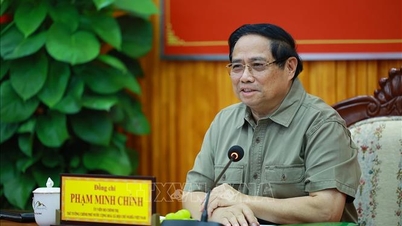
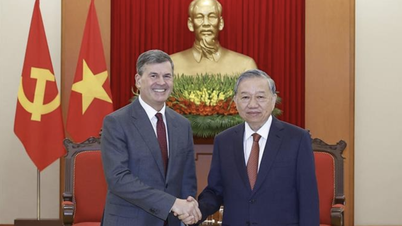


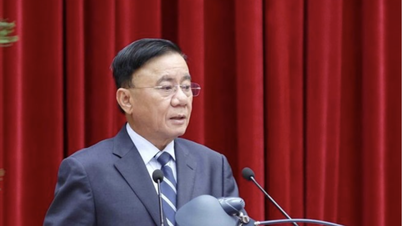


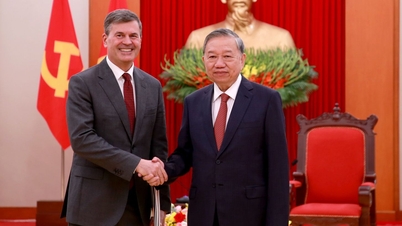









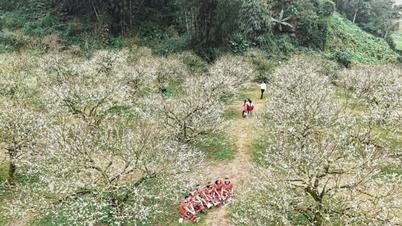
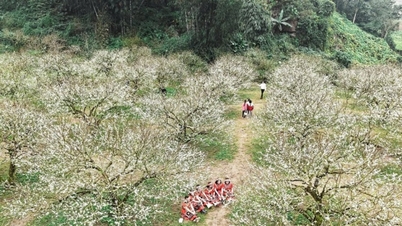

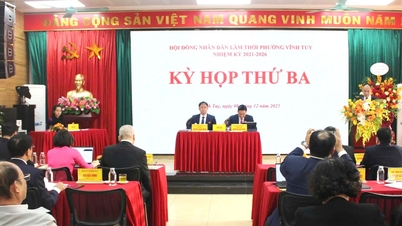
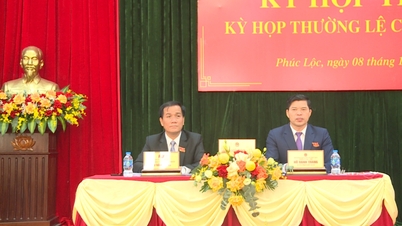
















Comment (0)